The car starter is a crucial component of any automobile, yet often goes unnoticed until it fails. It plays an integral role in the everyday operation of your vehicle. Understanding how a car starter works and its importance can help you appreciate the complexities of your vehicle and identify potential issues before they become serious. This article delves into the functioning of the car starter, how to recognize problems, and the impact of its performance on your vehicle’s overall efficiency.
The Function of the Car Starter
Basics of the Starting System
The car starter is an electric motor that turns over the engine to start the vehicle. When you turn the ignition key or push the start button, the car battery sends power to the starter. This action kicks off a chain reaction that ultimately starts the engine. This component plays a central role in getting your vehicle ready to drive.
The starting system comprises various parts: the starter itself, the flywheel, the ignition switch, and the battery. Each component must function harmoniously for the car to start smoothly. Without a reliable starter, your vehicle will not ignite, making it essential to understand this part of the electrical system.
Types of Starters
Most cars use two primary types of starters: traditional (or old-fashioned) starters and modern gear reduction starters. Traditional starters engage directly with the engine’s flywheel and are generally larger and heavier. These starters have been around for decades, highlighting their dependability despite being less efficient than modern versions.
On the other hand, gear reduction starters provide more torque and faster engine turnover. They are smaller and lighter, which contributes to improved fuel efficiency. This modern starter design has become increasingly popular due to its effectiveness. Understanding the type of starter in your vehicle can help you decide on proper maintenance and potential upgrades.
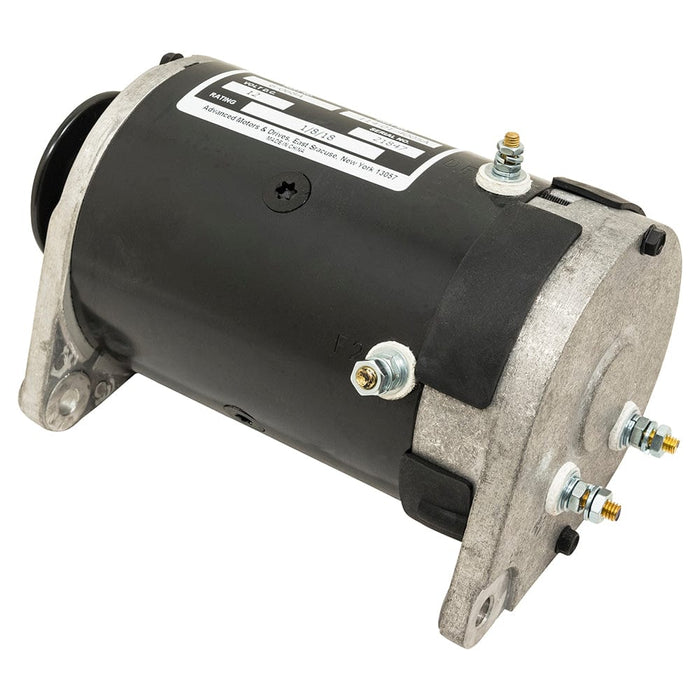
Common Issues with Car Starters
Signs of a Failing Starter
Recognizing the signs of a failing starter is crucial for preventing unexpected breakdowns. Common indicators include a clicking noise when turning the key, a grinding sound when starting, or a complete failure to start the engine. If you hear a single click followed by silence, this could indicate that the starter motor isn’t engaging.
Additionally, if the lights on the dashboard dim significantly when you attempt to start the engine, this might signify that the starter is drawing too much power from the battery. Regularly monitoring these signs can help you catch starter issues early and allow for timely repairs or replacements.
Diagnostic Tests
When potential starter issues arise, conducting diagnostic tests can help pinpoint the problem. One common test is to check the voltage at the starter terminal using a multimeter. A reading below 12 volts may indicate a faulty battery or poor electrical connection.
Another diagnostic method involves tapping the starter lightly with a hammer while someone else turns the ignition key. This action may temporarily fix the starter mechanism if it is stuck. However, it is essential to remember that this is not a long-term solution. If you find yourself frequently needing to resort to this method, a replacement may be necessary.
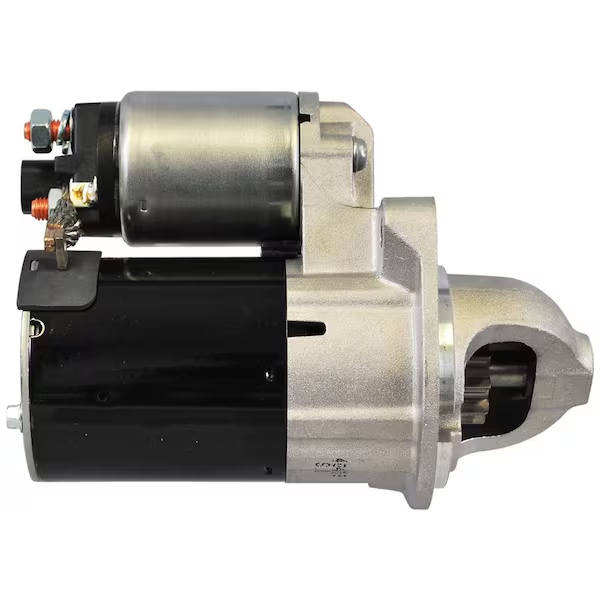
The Importance of the Carstarter in Engine Performance
Impact on Fuel Efficiency
A properly functioning car starter is vital for overall engine performance and fuel efficiency. When a car starter is weak or malfunctioning, it may struggle to turn over the engine. This difficulty can lead to repeated attempts to start the vehicle, resulting in excessive fuel consumption. An inefficient starter can ultimately affect your overall fuel economy, leading to higher running costs.
Regular maintenance of the starter can enhance fuel efficiency. Keeping connections clean and ensuring that the battery is charged can prevent the starter from drawing excess power. These steps ensure that the starter operates effectively, allowing your engine to start smoothly and efficiently.
Relationship with the Battery
The starter and the battery have a critical relationship. The starter requires a significant amount of power from the battery to engage and turn the engine over. If the battery is weak or low on charge, it may not provide enough power to the starter. Consequently, this situation can lead to poor performance and starting issues.
Maintaining your car battery is essential for the longevity of the starter. Regularly checking the battery condition, cleaning terminals, and ensuring it’s fully charged can enhance starter performance. Likewise, understanding the lifespan of your battery can help you make timely replacements to avoid complications.
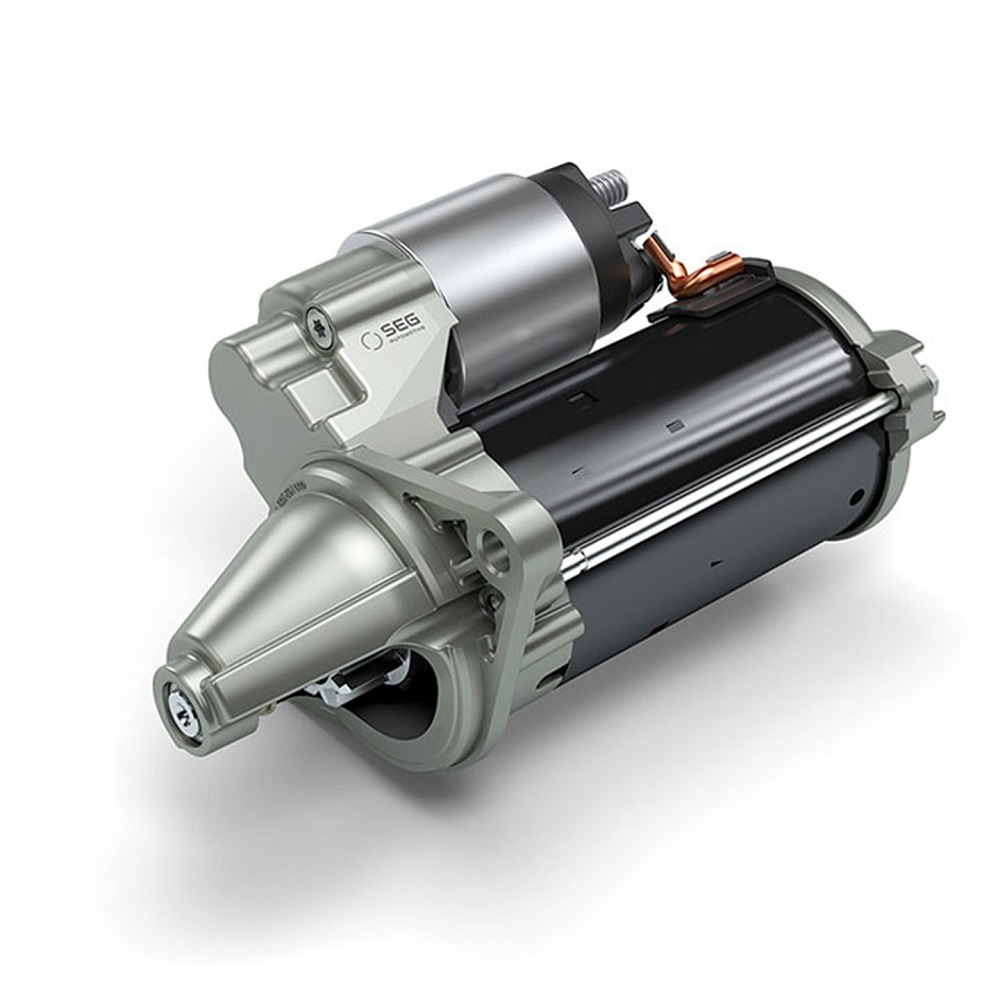
Maintenance Tips for Carstarters
Regular Inspection
Regular inspection of the starter is vital for maintaining its performance. Checking the connections, wires, and terminals can help identify any issues before they escalate. Corrosion at the connections, loose wires, or frayed cables can significantly impact starter performance.
Furthermore, it is advisable to inspect the electrical system as a whole during routine maintenance. Perform checks on the battery, alternator, and starter as part of a comprehensive approach. Addressing any issues that arise will help ensure that all components function well together.
Professional Maintenance Services
While some maintenance tasks can be performed at home, professional services are often necessary for comprehensive inspections and repairs. Many auto repair shops offer diagnostic services that can identify potential starter issues. Mechanics have specialized tools and expertise needed to troubleshoot and resolve starter problems effectively.
Having your starter checked during routine vehicle maintenance can help prolong its lifespan. Consider having a professional technician evaluate your starter system every few years, especially if your vehicle is older. Taking preventive measures now can save you time and money in the long run.
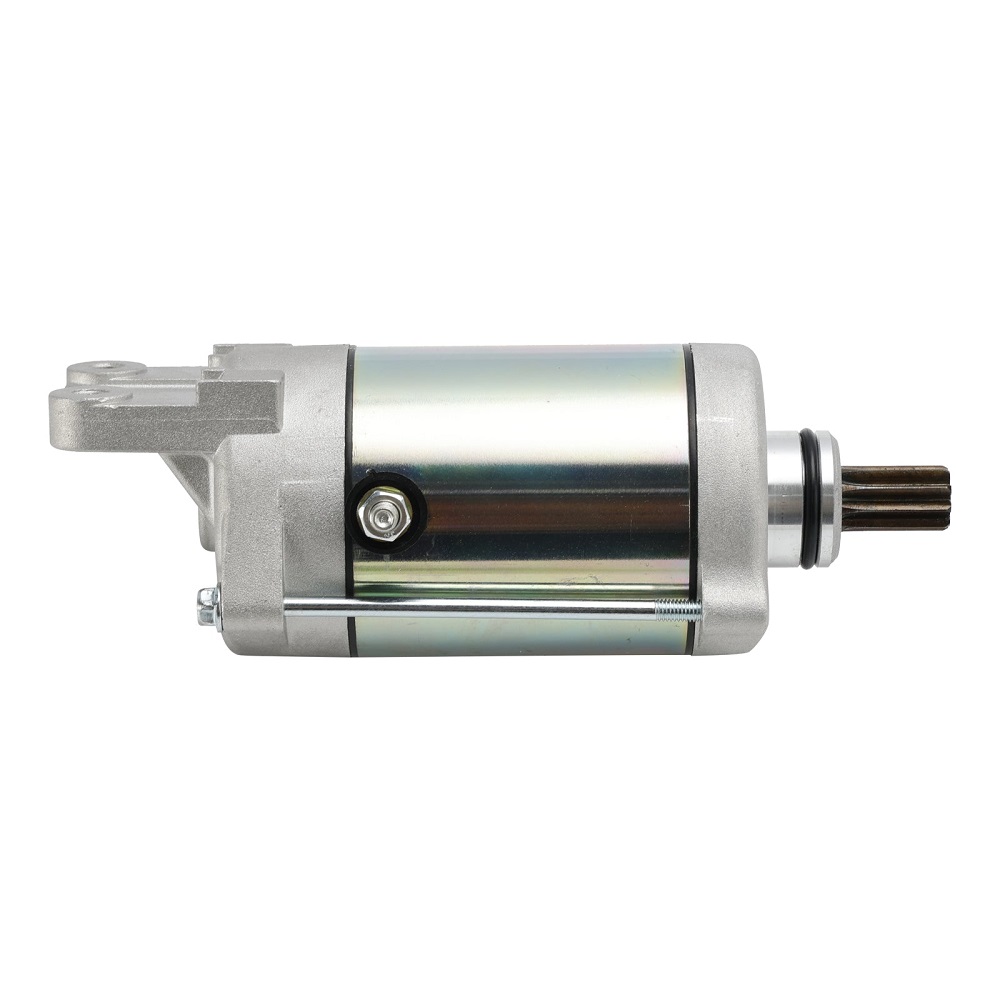
Upgrading Your Starter
Considering Performance Starters
For car enthusiasts and performance-driven individuals, upgrading the starter can be a wise investment. High-performance starters, such as mini-starters, offer improved starting capabilities and reduced weight. These starters can enhance engine performance, especially in modified or high-horsepower vehicles.
Performance starters usually feature better materials and design, allowing for increased durability and efficiency. Upgrading to a high-performance starter may be suitable if you frequently face starting issues or have modified your vehicle for improved performance.
Enhancing Starter Systems
In addition to upgrading the starter itself, consider enhancing the entire starting system. Upgrading the battery and wiring can improve overall functionality and performance. A high-quality battery can provide extra power to the starter, ensuring reliable engine ignition.
Replacing old and worn wiring with high-quality connectors can also enhance performance. These upgrades can contribute to a more efficient electrical system, ultimately benefiting the starter’s reliability. Investing in these improvements can lead to a more enjoyable driving experience.
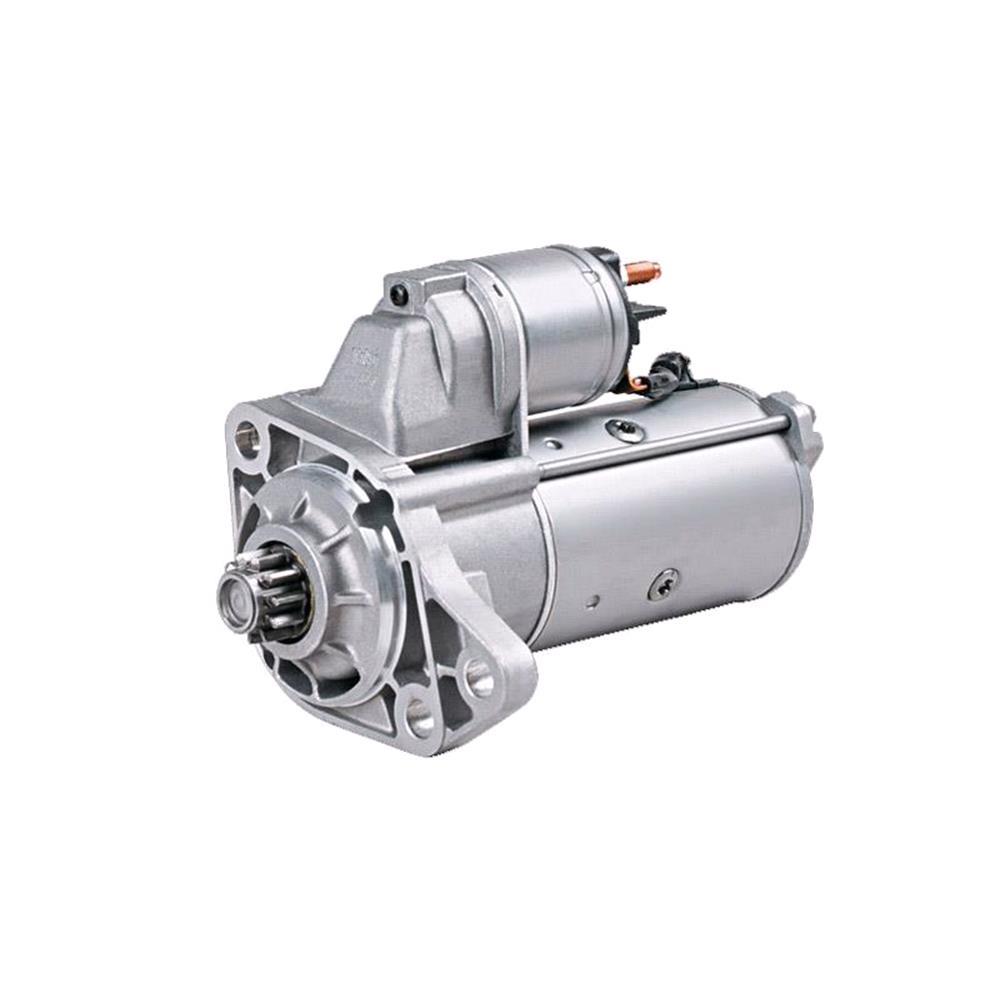
Understanding Costs and Budgeting
Repair vs. Replacement
When issues arise with your car starter, understanding the costs associated with repair and replacement is critical. Minor issues, such as corroded terminals or loose connections, can often be resolved quickly and affordably. However, if the starter has failed completely, replacement may be necessary.
The cost of a replacement can vary significantly depending on the make and model of your vehicle. Standard starters generally range from 100to500, including parts and labor. Performance starters or premium brands may cost more but can offer additional benefits.
Budgeting for Maintenance
Budgeting for regular maintenance is essential for ensuring the longevity of your starter and your vehicle. By setting aside funds for routine inspections, car care, and eventual replacements, you can avoid unexpected costs. Consider maintenance as an investment in your vehicle’s overall performance and reliability.
Creating a maintenance plan that includes checks for the starter, battery, and electrical system will help you stay on top of potential issues. Staying proactive in budgeting and maintaining your vehicle can significantly reduce long-term repair costs.
The Future of Car Starters
Advancements in Technology
The automotive industry always seeks to innovate, and car starters are no exception. Today, many vehicles are equipped with advanced technologies that enhance starting systems. Features such as smart starters and push-button ignitions are becoming increasingly common in modern vehicles.
Smart starters often utilize electrical systems that monitor the battery’s health and charge level. This technology helps ensure optimal performance and can prevent starting issues. As innovations continue to emerge, the relationship between starters and the overall electrical system in vehicles will evolve.
The Shift to Electric Vehicles
As the automotive industry increasingly shifts toward electric vehicles (EVs), the traditional starter’s role may change. Electric vehicles use a different starting mechanism, relying on electric motors rather than traditional combustion engines. This advancement leads to a reduction in the need for starters in the way they have traditionally been understood.
However, as hybrids and electric vehicles gain popularity, there’s still a significant focus on battery management systems to ensure reliable performance. Understanding how energy storage and management work in these vehicles can provide valuable insights into the future of starters and vehicle performance.
Conclusion
In summary, the car starter is vital to your vehicle’s performance and reliability. Understanding its role, recognizing potential issues, and timely maintenance are crucial to ensuring smooth operation. Whether you drive a conventional gasoline vehicle or an electric one, being informed about the starter system enhances your mechanical knowledge and driving experience.
By maintaining a good relationship with your starter, you reduce the risk of unexpected breakdowns. Whether you’re upgrading to a performance starter or ensuring regular diagnostics, taking care of this crucial component pays off in the long run. Embracing technological advancements and understanding how they affect your vehicle can optimize performance and enhance your experience.
Ultimately, being knowledgeable about your car starter allows you to enjoy your vehicle fully. As you strengthen your understanding of this essential component, you can drive with confidence, knowing that your car is equipped to handle whatever lies ahead. Enjoy the journey, and may your car’s engine start reliably every time!
Leave a Reply